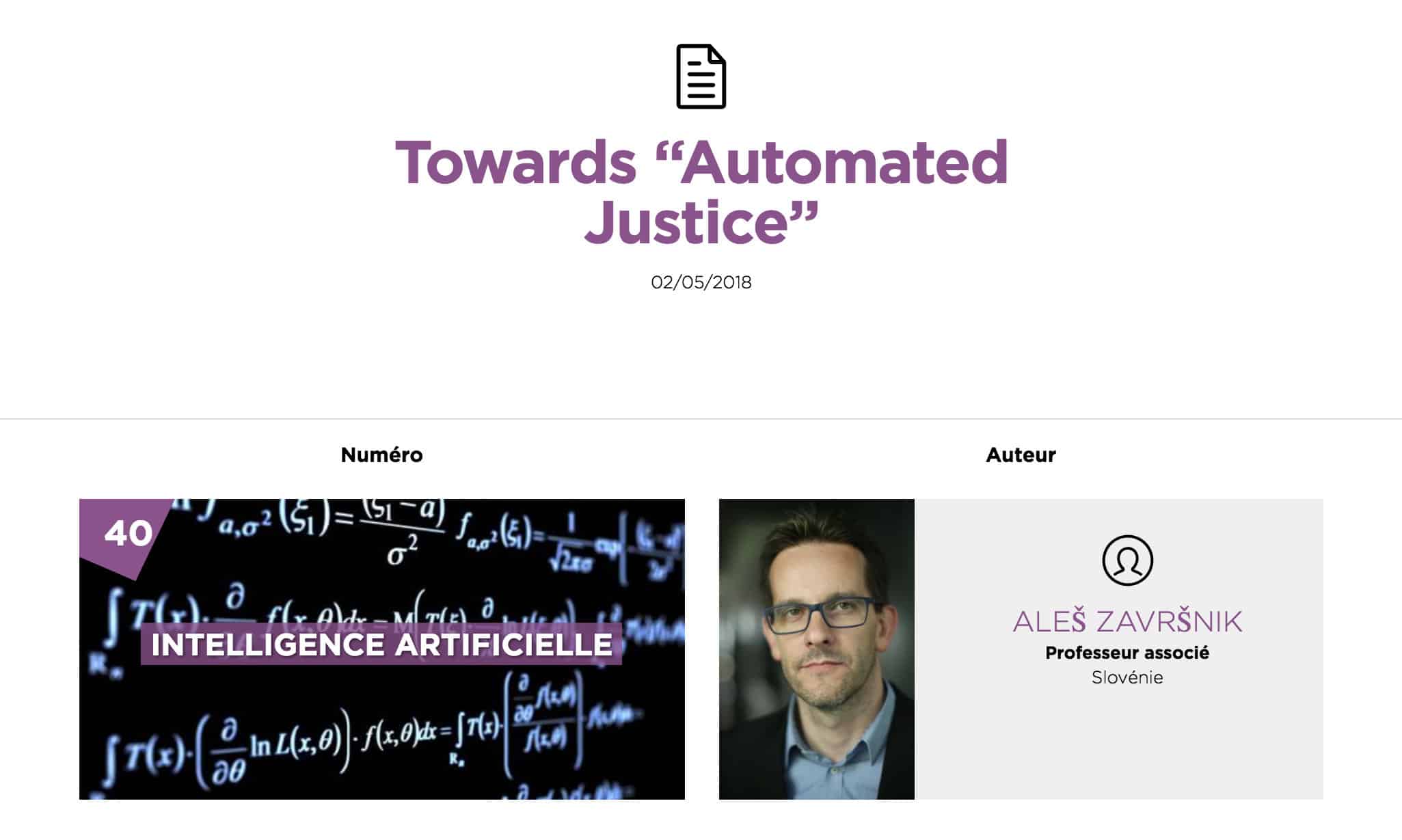Our world runs on the application of big data, algorithms, and artificial intelligence (AI) in many areas of our lives; social networks suggest whom to befriend, algorithms trade our stocks, and even romance is no longer a statistics-free zone. Big data coupled with algorithms has become a central theme of intelligence, security, defence, antiterrorist, and crime policy efforts, as computers help the military find its targets and intelligence agencies justify their assessments on the basis of massive pre-emptive surveillance of public telecommunications networks, as revealed by Edward Snowden in 2013. The algorithms that are mining for intelligible interpretations of big data sets are forming new types of knowledge production in the crime control domain as well. Law enforcement agencies increasingly use crime prediction software, e.g. PredPol (Santa Cruz, California), CompStat (New York), Precobs (Zürich, Munich), and Maprevelation (France), to allocate their resources, while criminal courts are increasingly relying on sentencing prediction instruments and probation commissions on probation algorithms. … Towards “Automated Justice” — fellows RFIEA




